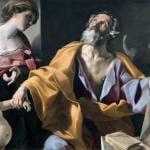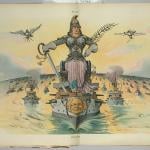
There’s a passage in the hymn “Veni Creator, Spiritus” that should get a rise out of you:
“Tu, septiformis munere,
digitus paternae dexterae,
Tu rite promissum Patris,
sermone ditans guttura.”
As my favored translation would have it:
“Thou in Thy sevenfold gifts are known;
Thou, finger of God’s hand we own;
Thou, promise of the Father, Thou
Who dost the tongue with power imbue.”
Finger! We own!
The physicality of the Incarnation is a trope that gets tossed around quite a bit these days. There is, for example, Leo Steinberg’s now classic study of the sexuality of Christ in Renaissance painting to prove it.
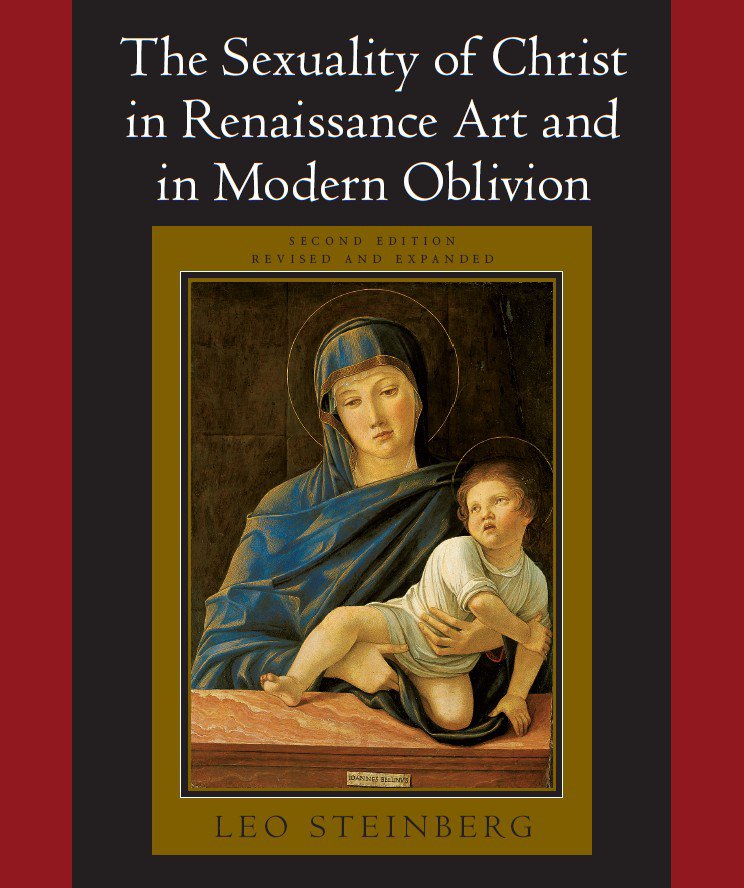
This deeply rooted convention is not entirely familiar even to some Catholics. The recent controversy over a San Damiano cross in Oklahoma demonstrates it aptly. The parishioners saw a penis buried in the abdomen of Christ, because there is, in fact, a penis buried in the abdomen of Christ!
The holy materialism, what Slavoj Zizek might call the perversity of Christianity (heck, he’s even ready to fight for it), is something that Czeslaw Milosz celebrated in an essay I sampled here. There the poet claims “Catholicism is the most anthropocentric of religions.”
Now, the penis isn’t that big a deal; Peter Brown has taught me how the cult of saints developed in all its grossness; I’ve seen the Scavi where Peter’s bones are about to be excavated and put on display: and I’ve even absorbed this wonderful poem by Denise Levertov without being scandalized:
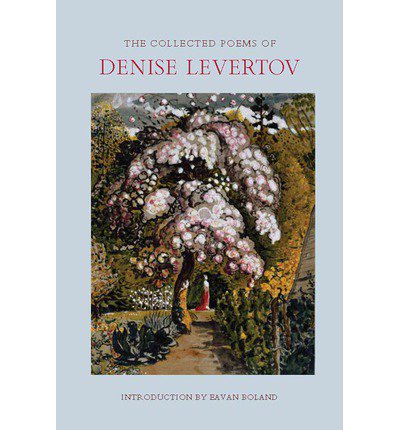
“The Cult of Relics”
My father’s serviette ring,
silver incised with a design
of Scotch thistles, the central medallion
uninitialed, a blank oval.
The two massive
German kitchen knives, pre-1914, not-stainless steel,
which my mother carefully scoured with Vim
after each use.
My daily use
of these and other such things
links me to hands long gone.
Medieval con-men disgust and amuse us;
we think we’d never have fallen
for such crude deceptions-unholy
animal bones, nails from any old barn,
splinters enough from the Cross to fill
a whole lumber-yard.
But can we
with decency mock the gullible
for desiring these things?
Who doesn’t want
to hold what hands belov’d or venerated
were accustomed to hold?-You? I?
Who wouldn’t want
to put their lips to the true chalice?
Fair enough. But nothing really prepared me for the tradition of paintings depicting St. Bernard asking for a sign from the Virgin Mary then getting it in the form of a stream of milk directed right at his mouth. The painting you see below is part of a tradition called Lactatio Bernardi.
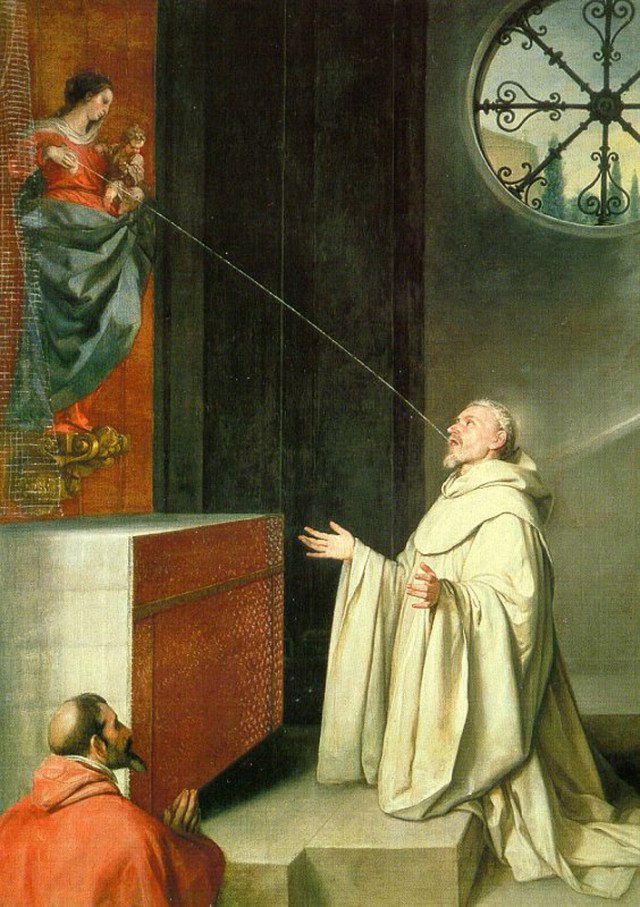
Here’s what wiki has to say about it:
“The Lactation of St Bernard (Lactatio Bernardi in Latin) is based on a miracle or vision concerning St Bernard of Clairvaux where the Virgin sprinkled milk on his lips (in some versions he is awake, praying before an image of the Madonna, in others asleep). In art he usually kneels before a Madonna Lactans, and as Jesus takes a break from feeding, the Virgin squeezes her breast and he is hit with a squirt of milk, often shown travelling an impressive distance. The milk was variously said to have given him wisdom, shown that the Virgin was his mother (and that of mankind generally), or cured an eye infection. In this form the Nursing Madonna survived into Baroque art.”
http://www.youtube.com/watch?v=RbNVkjD7uFo
I suppose you now have a different angle on why Milosz, in his own “Veni Creator,” was a little apprehensive when asking for sings from the Most High. After all, if you ask for a finger you might get a mouthful:
“Veni Creator”






